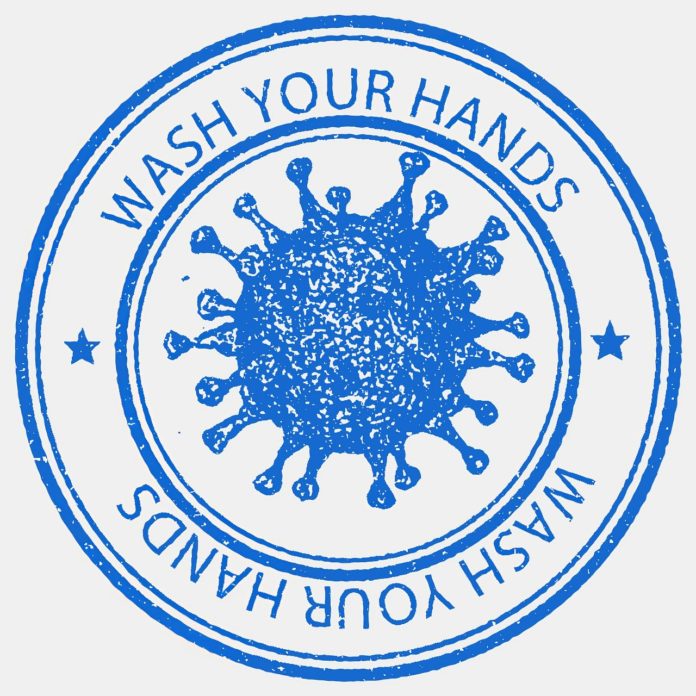The Covid-19 outbreak raises many questions, including some we can answer using experiences gained in previous disease outbreaks. Here is one: how to deal with patent barriers to the production and provision of low-priced treatments?
Currently, there is no vaccine to protect against the virus nor are there effective pharmaceutical treatments registered for the indication. This will likely change because research groups all over the world are working overtime, funding is becoming available and regulatory agencies are offering assistance and financial perks to speed potential treatments to the market.
The WHO announced a large multi-country clinical trial to test drugs to treat Covid-19. The drugs to be tested include remdesivir, lopinavir and ritonavir in combination; lopinavir/ritonavir plus interferon-beta; and chloroquine and hydroxychloroquine. All are known medicines originally developed for other indications. The products have shown some efficacy in laboratory and animal experiments but unless a large human trial is carried out it is not possible to make an evidence-based recommendation about their use in the treatment of Covid-19. WHO named the effort aptly the SOLIDARITY trial.
One of the products that will be tested in the trial is remdesivir, a Gilead product originally developed for other viral infections, including Ebola and the Marburg virus, with substantial government support. Remdesivir is widely patented, including in countries that have large scale production capacity for medicines such as India and China. You can check out the patent status here. The price of new products currently being tested will not be known until they are registered for use.
Price and production capacity will not be the only determinants for availability. Certain countries may take war-time like measures and insist that the manufacture and supply of medicines are restricted to domestic use, prohibiting export. Many countries rely on imports for their drugs. For example, the UK’s National Health Services import 80-90% of its medicines from abroad.
But two things are certain: pricing by companies will be scrutinised and the demand will be significant. In particular, since a vaccine is not available yet. Some of the products that are currently being tested are older products cheap to produce, indicating that a low price is possible. However, if a company has a monopoly on the use of the medicines for Covid-19, the market position rather than production costs will determine the price. On March 19, The Intercept reported that investment banks are urging pharmaceutical companies to raise their prices and to create a business out of products currently under development.
Some countries are taking pre-emptive measures.
On 17th March, the parliament of Chile unanimously adopted a resolution declaring that the global coronavirus outbreak justifies the use of compulsory licensing to facilitate access to vaccines, drugs, diagnostics, devices, supplies, and other technologies useful for the surveillance, prevention, detection, diagnosis and treatment of people infected by the coronavirus virus in Chile. The full text of the resolution in English can be found here. A compulsory licence suspends the monopoly effect of a patent and allows others than the patent holder to produce and supply the product.
On 19 March, Israel issued compulsory patent licences related to lopinavir/ ritonavir (brand name Kaletra), which is an HIV medicine currently being tested, including in combination with other products, for effectiveness in the treatment of Covid-19. The licence allows the importation of lopinavir/ritonavir from a generic company. Knowledge Ecology International provides a translation of the permit. It is not the first time Israel granted compulsory licences for medicines; it did so from 1970 until 1995 for seven products in order to facilitate domestic production.
On 20 March, the Education, Culture, Science and Technology Commission of the National Assembly in Ecuador approved a resolution asking the Minister of Health to issue compulsory licences over patents related to coronavirus technologies. See for details here.
That same day, in an unprecedented surprise move, AbbVie informed the Medicines Patent Pool (MPP) that in light of the Covid-19 pandemic the company waives any restriction on the MPP licensees that would prevent generic companies from supplying lopinavir/ritonavir (brand name: Kaletra) anywhere in the world for any purpose, effective immediately. AbbVie further indicated that it will no longer be enforcing patents relating to adult or paediatric lopinavir/ritonavir anywhere in the world. This also means that the restrictions on the generic supply of the treatment for HIV are lifted worldwide. For patent information check the Medspal database.
Treatment activists have been battling with the company for years for better access to lopinavir/ritonavir. AbbVie has not communicated publicly about its decision but it seems that the company rather forgoes its patents than being confronted with more compulsory licences.
These measures are important to address immediate concerns. But they do not address the big question of how Covid-19 technologies that will be developed will go to market and how they will be made available globally. For that to happen there is an urgent need for global collaboration, access conditions on public funding and upfront agreements on access and affordability with those engaged in the development of new medical technologies. Products for the prevention and treatment of Covid-19 should be global public goods. But saying so does not make it so. That requires action at the global level.
Ellen ‘t Hoen, LLM PhD, is a lawyer and public health advocate with over 30 years of experience working on pharmaceutical and intellectual property policies.
